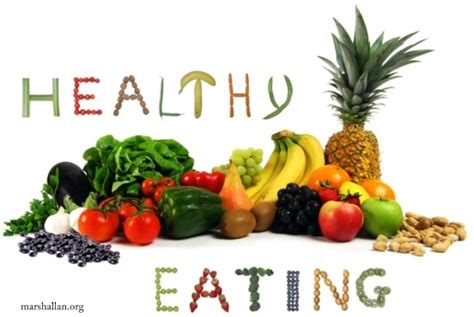What daily habits naturally optimize male testosterone for peak performance?

Harnessing Natural Power: Daily Habits for Optimal Male Testosterone
Testosterone, the primary male sex hormone, plays a critical role far beyond libido. It influences muscle mass, bone density, fat distribution, red blood cell production, mood, and energy levels. While synthetic interventions exist, many men seek natural, sustainable ways to optimize their testosterone for peak performance in all aspects of life. The good news is that foundational daily habits can significantly impact your hormonal health.

Understanding Testosterone’s Impact on Performance
Optimal testosterone levels are associated with enhanced athletic performance, improved cognitive function, greater resilience to stress, and a more robust sense of well-being. Conversely, low testosterone can manifest as fatigue, decreased muscle mass, increased body fat, reduced libido, and mood disturbances. Building a lifestyle that supports natural testosterone production is key to unlocking your full potential.
Dietary Foundations for Testosterone Production
What you eat forms the bedrock of your hormonal health. A balanced, nutrient-dense diet is crucial:
- Healthy Fats: Don’t shy away from healthy fats. Sources like avocados, nuts, olive oil, and fatty fish (salmon, mackerel) provide cholesterol, which is a precursor to testosterone. Monounsaturated and saturated fats (in moderation from natural sources) are particularly important.
- Adequate Protein: Protein is essential for muscle repair and growth, which indirectly supports testosterone. Aim for lean sources such as chicken, turkey, eggs, lean beef, and plant-based proteins.
- Crucial Micronutrients: Zinc, Vitamin D, and Magnesium are paramount. Zinc can be found in oysters, red meat, beans, and nuts. Vitamin D is synthesized from sun exposure and found in fatty fish or fortified foods. Magnesium-rich foods include leafy greens, nuts, seeds, and whole grains.
- Limit Sugar and Processed Foods: High sugar intake and highly processed foods can lead to insulin resistance and inflammation, both of which negatively impact testosterone levels. Focus on whole, unprocessed foods.

Exercise Strategies for Hormonal Balance
Regular physical activity is a powerful testosterone booster, but the type of exercise matters:
- Strength Training: Lifting heavy weights, especially compound movements like squats, deadlifts, bench presses, and rows, stimulates a significant testosterone response. Aim for 3-4 sessions per week with adequate rest.
- High-Intensity Interval Training (HIIT): Short bursts of intense exercise followed by brief recovery periods can also be highly effective for boosting testosterone and growth hormone.
- Avoid Overtraining: While exercise is good, excessive or prolonged endurance training without sufficient recovery can elevate cortisol (a stress hormone) and suppress testosterone. Listen to your body and prioritize recovery.

The Power of Quality Sleep
Sleep deprivation is a silent killer of testosterone. The majority of your body’s daily testosterone production occurs during deep sleep. Chronic lack of sleep (less than 7-9 hours per night) can significantly reduce testosterone levels. Establish a consistent sleep schedule, create a dark, cool, and quiet sleep environment, and limit screen time before bed to optimize your sleep quality.

Stress Management and Cortisol Control
Chronic stress elevates cortisol, another hormone that directly competes with testosterone. When cortisol levels are high for extended periods, testosterone production is often suppressed. Incorporate stress-reduction techniques into your daily routine:
- Mindfulness and meditation
- Deep breathing exercises
- Yoga
- Spending time in nature
- Engaging in hobbies you enjoy

Lifestyle Factors Beyond Diet and Exercise
- Sunlight Exposure: Safe exposure to sunlight helps your body produce Vitamin D, crucial for testosterone.
- Moderate Alcohol Intake: Excessive alcohol consumption can directly harm Leydig cells in the testes, which produce testosterone. Moderation is key.
- Avoid Endocrine Disruptors: Be mindful of exposure to chemicals like phthalates and BPA found in plastics, which can mimic or interfere with hormones. Choose glass or stainless steel containers when possible.
Conclusion
Optimizing male testosterone naturally for peak performance isn’t about quick fixes; it’s about cultivating a holistic lifestyle. By consistently prioritizing a nutrient-rich diet, effective exercise, sufficient quality sleep, and proactive stress management, you can create an environment where your body naturally thrives, supporting healthy testosterone levels and unlocking your potential for sustained energy, strength, and overall vitality.









